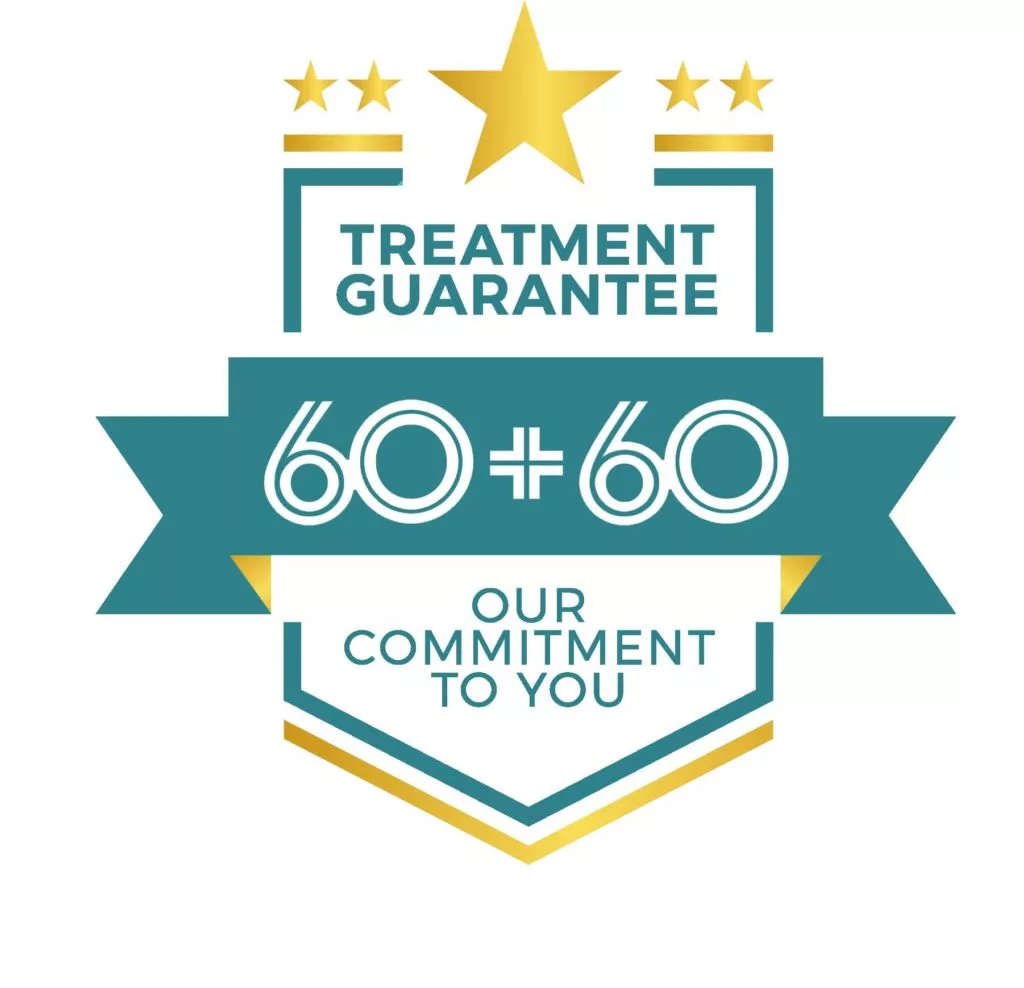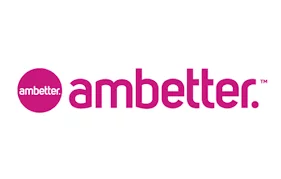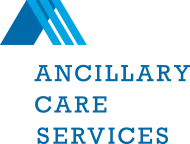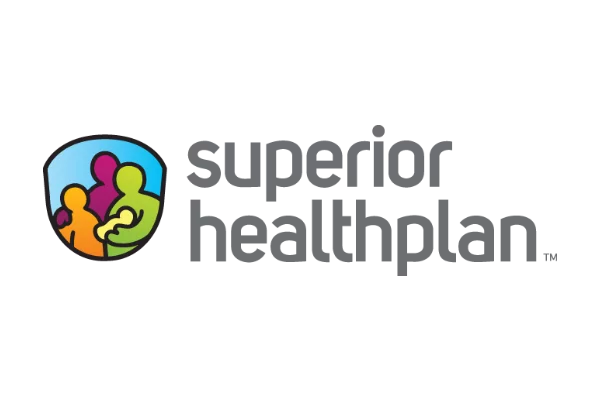Drug Rehab in Dallas, Texas
If you’re questioning whether you or a loved one may need drug rehab, it’s time to get help. Many people are reluctant to admit there is a problem. Or they may wait until they hit rock bottom. Since drug addiction is a progressive illness, you need to address the early signs and symptoms to avoid long-term serious damage.
Recovery is never out of reach, no matter how desperate your situation may seem. It doesn’t matter how many times you’ve tried and failed in your path to sobriety. At Discovery Point Retreat drug rehab in Dallas, Texas, change is always possible with the right treatment and support. Our dedicated team of doctors, counselors, therapists, and clinical staff work together to build a personalized recovery plan for you. We’ll provide you with the very best care throughout your recovery journey.
Are you ready to beat your drug addiction? Take the first step by calling our Dallas drug rehab today at 855-306-8054. We’re available 24/7 to help you get started on the road to recovery. We’ll walk you through the entire process, answer your questions, and help you understand why drug rehab is so important.
Discovery Point Retreat is in-network with many insurance providers, which makes treatment more affordable. Not sure about your coverage? We can help you quickly and confidentially verify your benefits.
We Accept Insurance
We’re here to make addiction treatment as accessible and affordable as possible — and are in-network with many insurance providers. Not sure about your coverage? We can help.
What Are The Signs You Need Drug Rehab?
You may have noticed a few signs that indicate you need to make changes in your life. Even if you haven’t hit rock bottom, you can see that something is not right. The first step is to recognize there’s a drug problem. Here are some of the signs you may have noticed.
Drug Tolerance
You may be taking more drugs than before to get high. With substance abuse, the body develops a tolerance to drugs. So, you may take progressively larger doses of drugs or increase the frequency of your doses to get the same feel-good euphoria. Tolerance is a sign of drug addiction, but it also increases your risk of an overdose, which can be dangerous, even deadly.
Health Problems
You may be experiencing health problems. If you notice changes in your physical or mental health, you should consider seeking treatment from a drug rehab center.
- Physical effects can range from mild to severe or even fatal, depending on the drug and how long you’ve been using.
- Most drugs also affect your mental health or present with behavioral health considerations, causing depression, anxiety and other issues.
Substance abuse and mental health often go hand in hand, and are identified as a dual diagnosis.
Focus on Obtaining Drugs
You may be consumed or obsessed with the pursuit of drugs. It’s your whole focus. You may be constantly looking at your watch and thinking about how you will get or use drugs.
- That single-minded focus is a sign that you need help for your drug addiction.
- The stronger your addiction becomes, the more you will likely focus on where and when you’ll get more drugs.
You may soon find that nothing else matters in your life. Relationships, work, and every other activity in your life all seem much less important than scoring that next fix.
Mental Health
You may be affected by mental health concerns like depression or anxiety, which contribute to your drug use. You may experience other risk factors related to drug abuse and addiction.
- You may use drugs or alcohol as a coping mechanism or self-medication as you deal with past traumas.
- You may have lost any interest in hobbies and interests that were once important.
- You may be experiencing delusions, hallucinations, and paranoia.
When you notice these factors, you should seek treatment for what we call “co-occurring disorders.” You may be trying to deny your mental health concerns and avoid the situation completely, but self-medicating with drugs and alcohol is not a safe or effective long-term solution.
Drug Use Relapse
It may be that you’ve tried to quit drugs and alcohol before, but it just didn’t work out. Maybe you tried to quit on your own or you signed up for a self-help group that didn’t help. It’s possible that you even tried a drug rehab program.
If you’ve already given sobriety a shot without success, it may be time to try a more rigorous drug treatment plan. Studies show that most individuals who try to recover on their own or as part of an outpatient treatment program are statistically more likely to relapse into drug and alcohol use. That’s why we recommend a residential drug rehab program.
What Causes Drug Addiction?
Many people believe that alcohol addiction or drug addiction is a sign of weakness. They believe that it should be easy to beat the dependence on alcohol and drugs. They may even believe that recovery and sobriety is simply a force of will.
The truth is that drug addiction is a disease. It affects a person’s brain, and it is a physical and emotional dependency that does not just disappear because a person wishes it away. So, even when you try to quit using drugs and alcohol, you’ll struggle. You will feel the physical and psychological side effects of withdrawal as you try to force your body to recover from its dependency.
It’s extremely hard to stop using drugs and alcohol, even when you want to stop. When a person takes drugs or alcohol, they often experience feelings of euphoria. The brain is flooded with a chemical called dopamine which triggers the brain’s “reward circuit.” The person craves the pleasure that comes from using the drug, so they continue to repeat the unhealthy behavior.
As this pattern continues, the brain begins to adjust to the drug. The euphoric pleasure from taking the drugs or alcohol or drugs begins to lessen. The person develops a tolerance, so they take more drugs and alcohol, but they don’t experience the same “high.” At the same time, the brain can’t gain that same level of pleasure it once could from other stimuli, such as food or entertainment or social activities.
Long-term drug abuse also affects other areas of the brain, which affects functions like decision-making, memory, judgment, learning and behavior. A person may be aware of these harmful after-effects, but they continue to use drugs and alcohol.
Clinician Greg Powers discusses our approach to drug rehab, how drugs affect people in different ways, the drug detox experience and our individualized approach to addiction treatment.
Does drug rehab work?
Evidence-based drug addiction treatment is the cornerstone of recovery programs at our drug rehab centers in Dallas, Texas. At Discovery Point Retreat, we understand the battle with drug use better than anyone else — many of us have overcome substance abuse ourselves.
Our residential and inpatient drug rehab programs provide continuous care and treatment modalities to combat your addiction. In drug rehab, you learn to control your cravings and emotions as you recover from possible underlying causes such as depression and anxiety.
With locations in Waxahachie, Ennis and Dallas, our Texas drug rehab clinics offer programs that include treatment for many substance addictions such as:
What to Look for When Searching for Drug Rehab
When searching for drug rehab in Dallas, there are several things to consider. You want to make sure you choose a program that fits your specific needs and provides the level of support you require. Here are some things to look for:
- Accreditation and licensing
- Evidence-based treatment methods
- Experienced and qualified staff
- Individualized treatment plans
- Aftercare support programs
Discovery Point Retreat checks all the boxes when it comes to providing the highest quality drug rehab services. Our accreditation and licensing ensure that we adhere to the highest industry standards. We employ evidence-based treatment methods backed by research and years of experience. Our experienced and qualified staff provides individualized treatment plans tailored to your specific needs. And our aftercare support programs ensure that you have the support you need to maintain sobriety after completing treatment.
What makes Discovery Point Retreat stand out from other drug rehabs in Dallas?
At Discovery Point Retreat, we pride ourselves on our client-centric approach. Recognizing that each individual’s journey to recovery is unique, our drug rehab center provides a low client-to-staff ratio. This allows the team to focus on building sustainable and genuine relationships with clients, which forms a strong foundation for lifelong recovery. Moreover, our center also offers a peaceful, ranch-style environment, promoting tranquility and focusing on the wellness of the individual.
How our drug addiction treatment program works
We begin drug rehab with a thorough assessment that allows our team to develop a personalized addiction treatment plan for you. Everyone experiences substance abuse in a different way. So, we consider your history, symptoms, temperament and underlying traumas as we formulate your personalized recovery plan.
The next step is often medical detoxification, which helps you manage drug withdrawal symptoms comfortably and safely. Medical detox normally lasts 7 to 10 days. Many people are reluctant to enter drug rehabilitation because they’ve heard how difficult it can be to go through detox. But it’s necessary to cleanse your body and mind before you move forward with your recovery. Our team is there around the clock to provide medical supervision and emotional support to get you through this sometimes challenging detox process.
After detox, you progress into evidence-based drug addiction rehab with treatment therapies developed by our clinical specialists. These therapies are the core of your treatment plan, and may include:
- Cognitive behavioral therapy
- Dialectical behavior therapy
- Family therapy
- Recreation therapy
- Equine therapy
While your treatment plan will be designed specifically for you, you will likely progress to residential drug treatment. The goal here is to achieve and support recovery and sobriety from your addiction to alcohol and drugs. We focus on the underlying causes of your addiction.
We encourage you to take part in family therapy or couples rehab therapy. Our goal is to help you to build the skills and coping mechanisms that you will need for your future as you continue to pursue sobriety on your path to recovery.
How Long Does Drug Rehab Take?
An intensive drug rehabilitation program may last for one to three months, depending on the severity of your addiction and your personal situation. Co-occurring mental health disorders and a dual diagnosis may affect the timeline. Our goal is to help you get to a point of recovery when you feel confident in your ability to face the complications and triggers that have led to drug abuse in the past.
You need time and a safe space to give your mind and body a break from drugs. You also need to understand and implement the behaviors and strategies that will help you cope and thrive without a dependency on drugs and alcohol.
Aftercare support for long-term recovery
We continue to offer support after you leave drug addiction rehab at Discovery Point Retreat, with aftercare plans to help you. We hope to inspire you.
- Establish healthy hobbies
- Reignite relationships
- Communicate effectively
- Continue academic or professional pursuits
Recovery does not happen overnight, nor do all these elements of your aftercare plan. It takes time and focus every day, but we will help you develop the support network you need to overcome the challenges that will come as you leave residential treatment. Our hope is that you’ll return to your everyday life and begin to use the strategies you learned in our drug rehab centers.
We offer several aftercare programs that can help you stay clean, and we will help you find the one that fits your individual needs. Some clients continue to meet with a Discovery Point Retreat counselor for a full year or more. It’s a great way to ensure continuity and continued motivation.
- In some cases, Narcotics Anonymous or another group may provide the support you need for drug addiction rehab.
- Our alumni network focuses on healthy activities such as hiking and camping. It’s a great way to face the challenges of life after drug abuse rehab.
The key is understanding that drug addiction is a chronic condition – it can’t be cured, but it can be managed with continued hard work and abstinence. If you and your counselor determine that you need more support, we also offer several levels of outpatient programs to provide you with a greater level of structure and accountability. These drug rehab programs include:
- Partial hospitalization, where you can go home each evening
- Intensive outpatient programs, which allows you to schedule your drug rehabilitation around your work and family obligations at one of the best drug rehab centers
- Outpatient treatment, with regular check-ins and group meetings in and around Dallas at Discovery Point Retreat drug rehab facilities. So, you’ll get the ongoing drug addiction help you need.
If you or a loved one is struggling with drug addiction, don’t wait any longer to get help. Contact our Dallas drug rehab today to speak with one of our admission counselors and take the first step toward a healthier, happier life. We’re here to support you every step of the way on your journey to recovery.
Start your recovery from drug addiction today. Contact our Dallas drug rehab at 855-306-8054 and get the professional help that can change your life.












